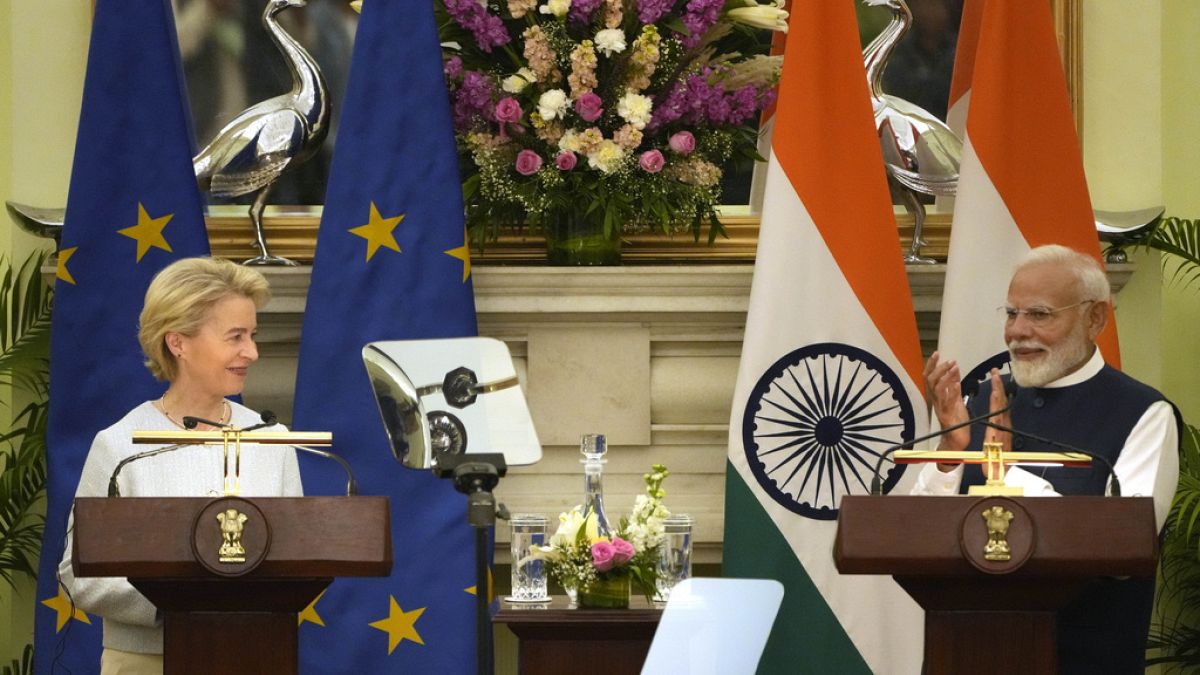Biden plan to use Leahy Law sanction on IDF was 'political,' expert alleges: 'Congress should consider' probe
The Biden administration announced its plans to take action against the Israeli Defense Forces units accused of human rights violations in the West Bank, but less than a week later paused those plans.

The Biden administration’s decision to pause its plan to use the Leahy Law has averted a potentially messy problem for the White House, but willingness to use such a drastic tool underscores the uncertainty of U.S.-Israel relations.
"The Biden administration’s politicization of vital security assistance to a democratic ally like Israel is an irresponsible move that sets a dangerous precedent," Nick Stewart, senior director of government relations at the Foundation for Defense of Democracies (FDD) Action, told Fox News Digital.
"It ignores a crucial set of basic facts and feeds a false and damaging misrepresentation of Israel’s conduct that emboldens our terrorist adversaries," Stewart added.
"If the Biden administration had legitimate concerns, it should have addressed them in a much more professional manner through official channels directly with the Israelis, as befits our alliance," he argued. "Instead, the very public threat of sanctions was followed by constant and seemingly coordinated leaks from the State Department."
"This raises concerns that the objective from the start was far less substantive and much more political," Stewart alleged. "Congress should consider probing the administration’s handling of this incident to ensure U.S. laws are not being weaponized against an ally for partisan reasons in this political season."
The Leahy Law is a set of two provisions that prohibit the U.S. government from providing funds to foreign security forces where "there is credible information implicating that unit in the commission of gross violations of human rights," according to a State Department packet on the policy.
The Biden administration had indicated its intent to invoke the act as a means of sanctioning Israeli Defense Forces (IDF) battalions, including Netzah Yehuda battalion, for alleged human rights violations in the West Bank before the Oct. 7 attack. The move would mark the first time in the decadeslong partnership between the two countries that a U.S. administration would have invoked the 27-year-old congressional act.
The sanctions would have triggered an automatic cut-off for the battalion and its members, preventing them from receiving any type of training or assistance from the U.S. military and any sort of foreign aid.
However, the U.S. announced over the weekend that it would not invoke the Leahy Law after receiving "new information" from the Israeli government and guarantees from the government that would handle the issue.
State Department principal deputy spokesman Vedant Patel told reporters on Monday that four of the units in question had "effectively remediated" and the U.S. remains "in consultations and engagements with the government of Israel" on the remaining unit. He also noted that "the remediation standard is consistent and it is the same for all countries."
"They have submitted additional information as it pertains to that unit. And we're continuing to have those conversations consistent with the memorandum of understanding that we have with the government of Israel that was entered into in 2021," Patel said.
"When conclusions are made under actions that fall under the auspices of the Foreign Assistance Act, we are required to consult with officials from the government of Israel, and that is ongoing," Patel continued. "We are engaging with them in a process, and we will make an ultimate decision when it comes to that unit when that process is complete."
BIDEN ADMIN NOTES ‘URGENT’ CONCERN OVER ISRAEL IN GAZA HUMAN RIGHTS REPORT
"When we're talking about the Leahy Law, what we are talking about our unit and component restrictions, when they are found in violation, it is not have bearing on the broader security relationship that we may have with a country, especially a country like Israel, in which we have a longstanding security relationship. The provision of bulk assistance that's gone back many, many years," Patel added.
A senior State Department official told Fox News that Secretary of State Antony Blinken has raised the matter with Israeli Defense Minister Yoav Gallant.
Former Vermont Sen. Patrick Leahy had championed legislation that became the Leahy Law in the 1990s, saying the U.S. needed a tool to block American military aid and training to foreign security units guilty of extrajudicial killings, rapes, torture and other flagrant human rights abuses.
Rights groups long have accused U.S. administrations, including Biden's, of shirking rigorous investigations of allegations of Israeli military killings and other abuses against Palestinians to avoid invoking such laws aimed at conditioning military aid to lawful behavior by foreign forces, according to The Associated Press.
The development comes as Israeli officials are growing concerned that the International Criminal Court could soon issue arrest warrants against Prime Minister Benjamin Netanyahu and other top officials over charges related to the war in Gaza, reports say.
The court may accuse senior government figures of pursuing an excessively harsh military response to Hamas’ Oct. 7 attacks on Israel and preventing the delivery of humanitarian aid to the Gaza Strip, the New York Times is reporting, citing Israeli and foreign officials.
Fox News correspondent Gillian Turner, Fox News Digital’s Danielle Wallace and Greg Norman and The Associated Press contributed to this report.
What's Your Reaction?
















